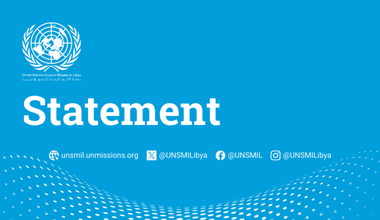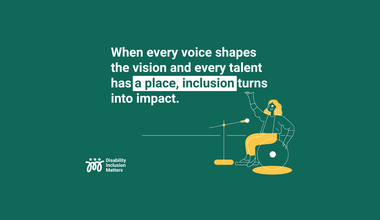Video Story: The Role of Media in Supporting Women Candidates
How best to support women candidates is a question a group of women and men sought to look for answers to at a workshop in Tripoli organized by the UN Support Mission in Libya.
How best to support women candidates in the upcoming elections is a question a group of women and men sought to look for answers to at a workshop in Tripoli organized by the UN Support Mission in Libya.
Thirty participants from the media, women's organizations and women candidates to the Constitution-Drafting Assembly sat down on 3 November 2013 to discuss how women candidates can win more media exposure for their campaigns and be prepared to face the media. It also explored the experiences of what worked well for the former women candidates in running their campaigns in the 2012 General National Congress, drawing from the best practices and campaign techniques.
Last year, Libya’s fledgling national media granted women candidates some airtime. But it wasn’t enough to give them the kind of exposure that could effect change from the deeply held local beliefs about the role they ought to play in Libyan society. This time, they hope that adopting a more strategic approach will yield them greater success.
“The role of the Media is the greatest challenge,” Magda Alsanousi, head of UNSMIL’s Women Empowerment Unit, said during “The Role of Media in Supporting Women Candidates” workshop.
Women candidates, she said, need to appear in the media, particularly in debates on TV because that can showcase their skills and abilities in various fields and thus highlight their role in society.
The workshop is only part of a series of efforts made by UNSMIL and the Women Empowerment Unit to strengthen women representation.
To that end, a roundtable on the theme “The Role of Women in Dialogue and Peace-Building in Libya" will be held in Tripoli on 13 November. It aims to highlight the role of women in national dialogue and peace-building processes during the country’s democratic transition and to inform decision-makers of the importance of the role of women as fundamental actors and partners in dialogue and social peace initiatives at the local and national levels.
 United Nations Peacekeeping
United Nations Peacekeeping UN
UN









